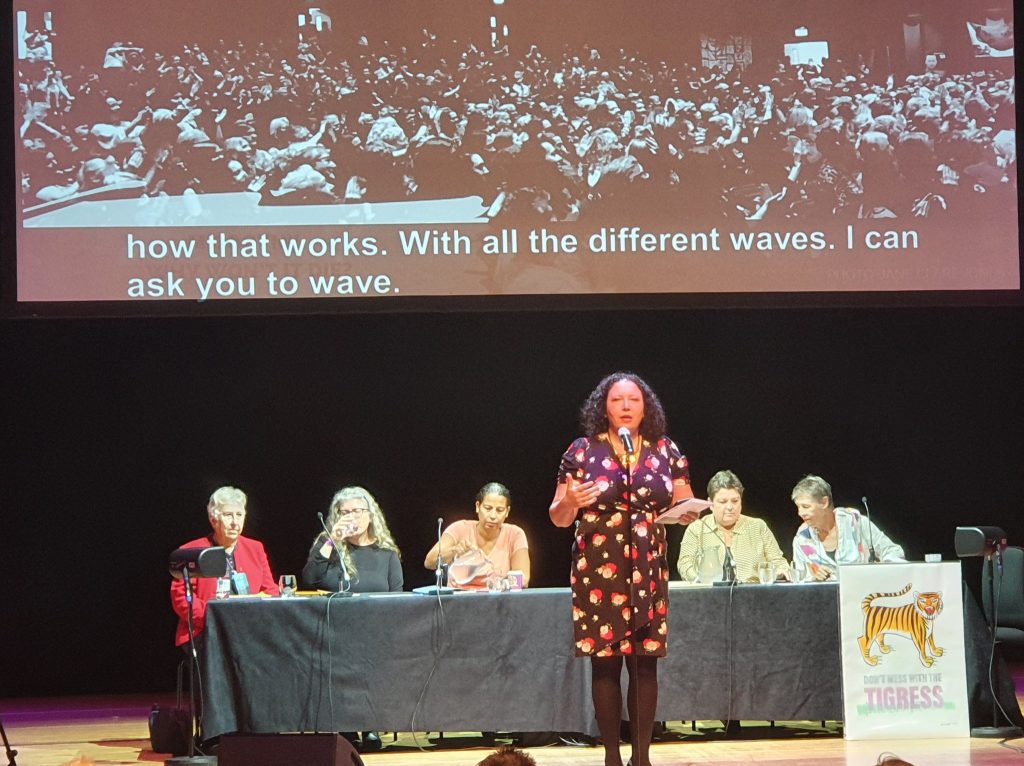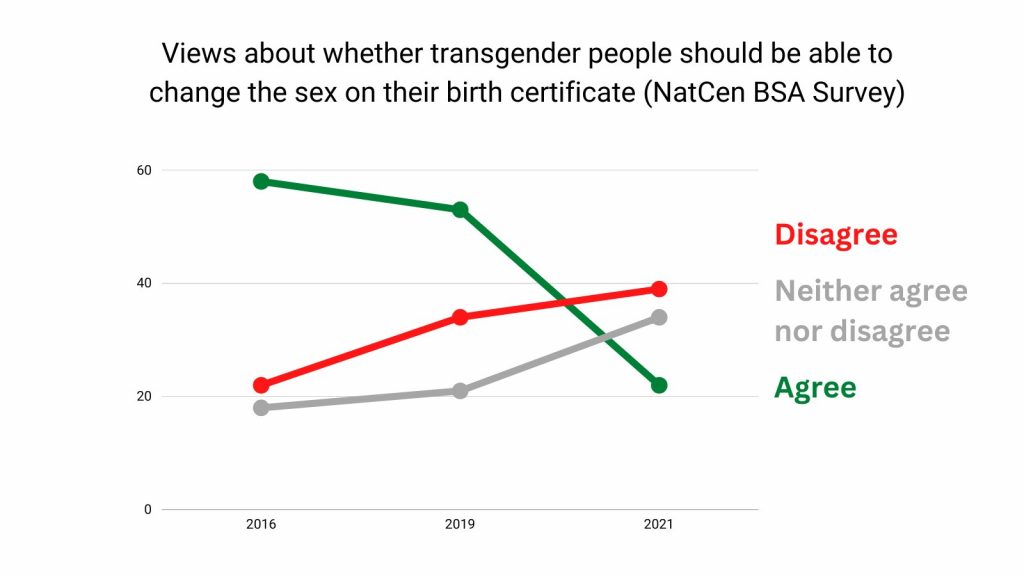Is Sex Matters a feminist organisation?

The Sex Matters team is just back from a fantastic time at FiLiA, Europe’s largest feminist conference.

But Sex Matters is not a feminist organisation.
We simply subscribe to the radical notion that women are human beings, with full human rights.
We also attended the LGB Alliance. But Sex Matters is not a gay-rights organisation.
We simply subscribe to the notion that people whose sexual and romantic orientation is towards their own sex are full human beings, with full human rights.
We are much more basic than a feminist organisation, or a gay-rights organisation: we are a human-rights organisation. Our reason for existing underpins the ability to speak about and to campaign in these and other areas.
Sex Matters is an organisation for everyone, because sex matters to everyone.
At Battle of Ideas we spoke on panels with representatives of the Alliance Defending Freedom, a conservative Christian organisation. Over the past 18 months we have briefed Rabbis and atheists, politicians and members of every political party and none.
The ability to speak clearly about sex is particularly important to protecting women’s rights, and to people who want to talk about, and disagree about, feminist ideas.
But it is also important to parents, both mothers and fathers, and more broadly to anyone who cares about safeguarding the welfare of children. It is important to people who care about science and religion, statistics and the arts. It is fundamental to securing the rule of law, and fairness and integrity of public institutions.
Sex Matters’ work sits within and depends upon the framework of human rights and freedoms, as set out in the Universal Declaration of Human Rights and the European Convention on Human Rights.
These are the basic protections for citizens’ freedoms in their relationships with the state and with each other. Freedom of belief and freedom of expression are foundational to all other rights and freedoms. Without the ability to think, speak, question and disagree, a citizen cannot be said to be free.
As we said at every one of these recent events, an amazing thing has happened in the UK over the past five years: over 13 million people, a quarter of the adult population, have changed their minds about the whether legal sex change makes sense. According to the British Social Attitudes Survey, 58% supported it in 2016. By 2019 that figure was 53%, and by 2021 it had fallen to 32%. This is because the culture of “no debate” had been changed by individuals bravely exercising their freedom of speech.

But the response to debate seems to be getting more vicious. Last Friday night, after the LGB Alliance conference, Helen and I went into a pub for a quiet drink. 20 people stood outside the pub braying “fascist” at us for 40 minutes. We needed a police escort to our dinner date. This week, Helen spoke at Cambridge University. She had to counter a barrage of pan-bashing protesters and contemptible letters from academics saying they support freedom of speech, “but…”.
In my speech at FiLiA, I highlighted the many organisations that are fighting for clarity about sex, and for sex-based rights. Some are explicitly feminist; some are not.
My message was this: whatever, and whoever, inspires you, speak up.
To receive weekly personal updates from Maya and Helen in your inbox, become a regular supporter and receive our Friday Memo.
